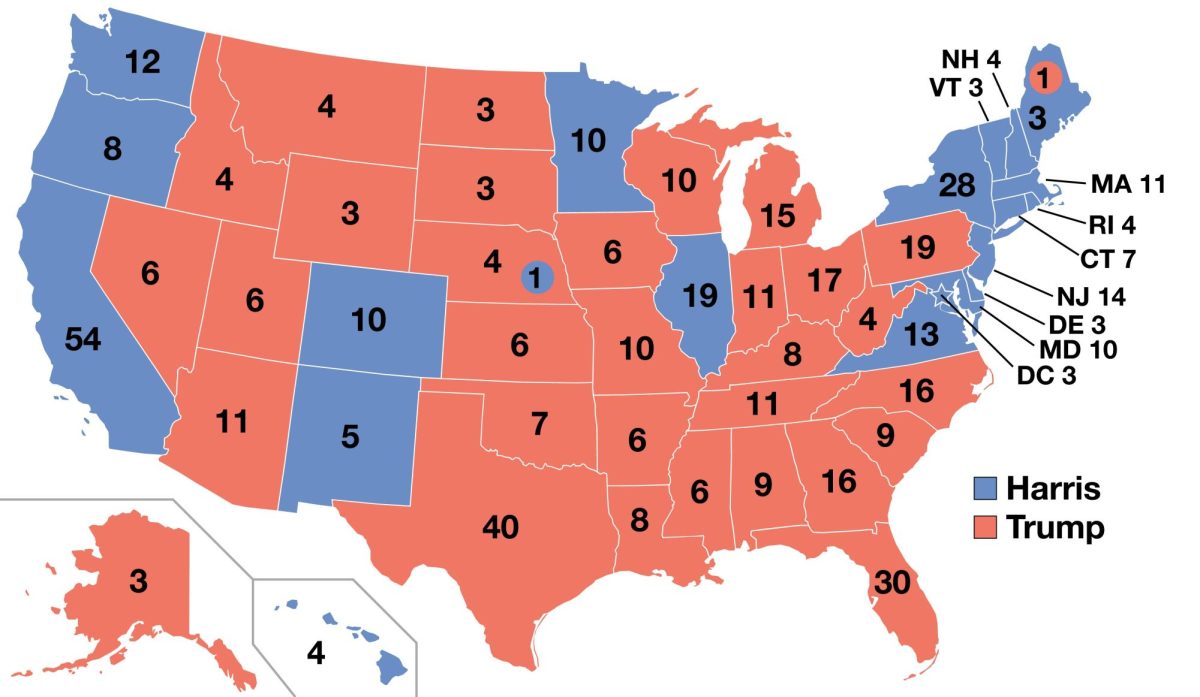The Electoral College has been a topic of debate in American politics, particularly in recent elections. Critics argue that it goes against the principle of “one person, one vote,” whereas supporters believe it is essential in ensuring fairness and giving a voice to the diverse population of the United States. To understand why the Electoral College is necessary, it’s important to consider its historical roots, its role in protecting minority interests and the stability it brings to the election process.
The Electoral College was created as a compromise of the constitution between a full popular vote and congressional appointment of the president. This decision was made with the diversity of our nation in mind. The United States, even then, was made up of states with varying populations, cultures, and interests, and the Electoral College ensured that every state had a say in the election of the president. Without it, larger states like Texas or California could dominate the election, overshadowing the concerns of smaller states like Wyoming and Vermont. By requiring candidates to campaign across a range of states and appealing to different demographic groups, the Electoral College promotes a more inclusive and nationally focused political process.
Another argument favoring the Electoral College is the protection of the interests of minority and rural voters. In a purely popular vote system, presidential candidates might only focus on large urban centers, such as New York and Los Angeles, neglecting less populous regions where rural and minority voters live. This, in turn, Could lead to policies that ignore the needs of these communities. The Electoral College, however, forces candidates to address a broader array of issues, ensuring the highly populated states that hold the majority don’t drown out the voices of smaller states and more rural populations.
Furthermore, the system also contributes to political stability. A direct national popular vote could lead to contested elections in chaos, as seen in other countries. The Electoral College reduces this risk by making candidates win the majority of electoral votes, thus ensuring that they have broad national support. This approach reduces the chance of splitting the country and helps maintain the legitimacy of the presidency. Additionally, the winner-take-all system used by most states results in a clear outcome, reducing the likelihood of runoff elections and minimizing the chance to challenge the results.
Critics often point to instances where a candidate won the presidency without having the vote. Still, it is crucial to remember that the Electoral College was designed to balance regional interests throughout our country, not necessarily produce the exact outcome. In a country as large and diverse as the United States, a purely popular vote-based election would likely lead to the dominance of heavily populated areas, leaving smaller regions with little to no voice. The Electoral College ensures that all states have an equal say in the outcome, regardless of population.
The Electoral College remains an important part of the American electoral system, enhancing democracy rather than diminishing it. As the idea of abolishing the Electoral College gains traction, it is important to consider why it was implemented in the first place and carefully weigh the potential consequences of making a significant change. Changing this might seem like a way to improve democracy, but it could also introduce new challenges that we as a nation must first fully consider.











































